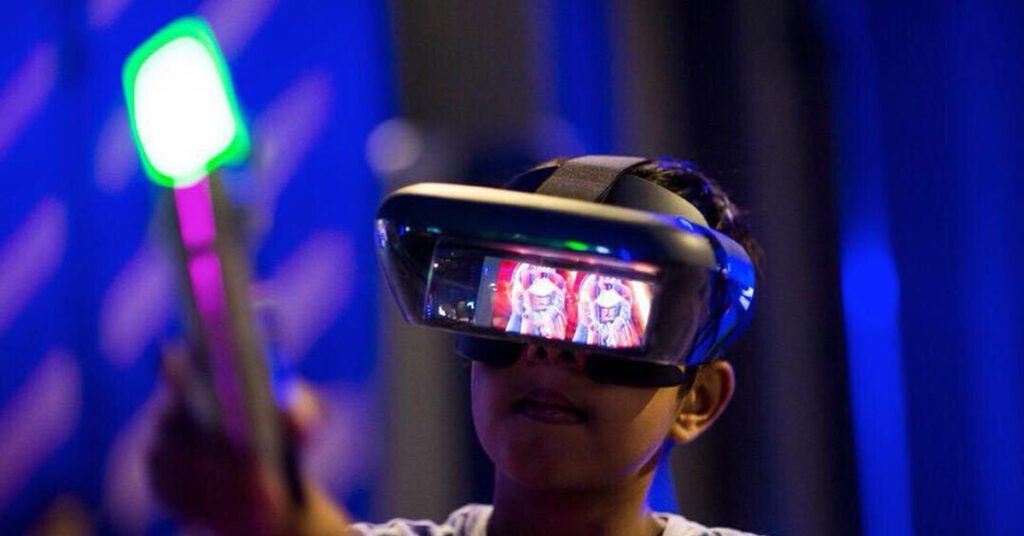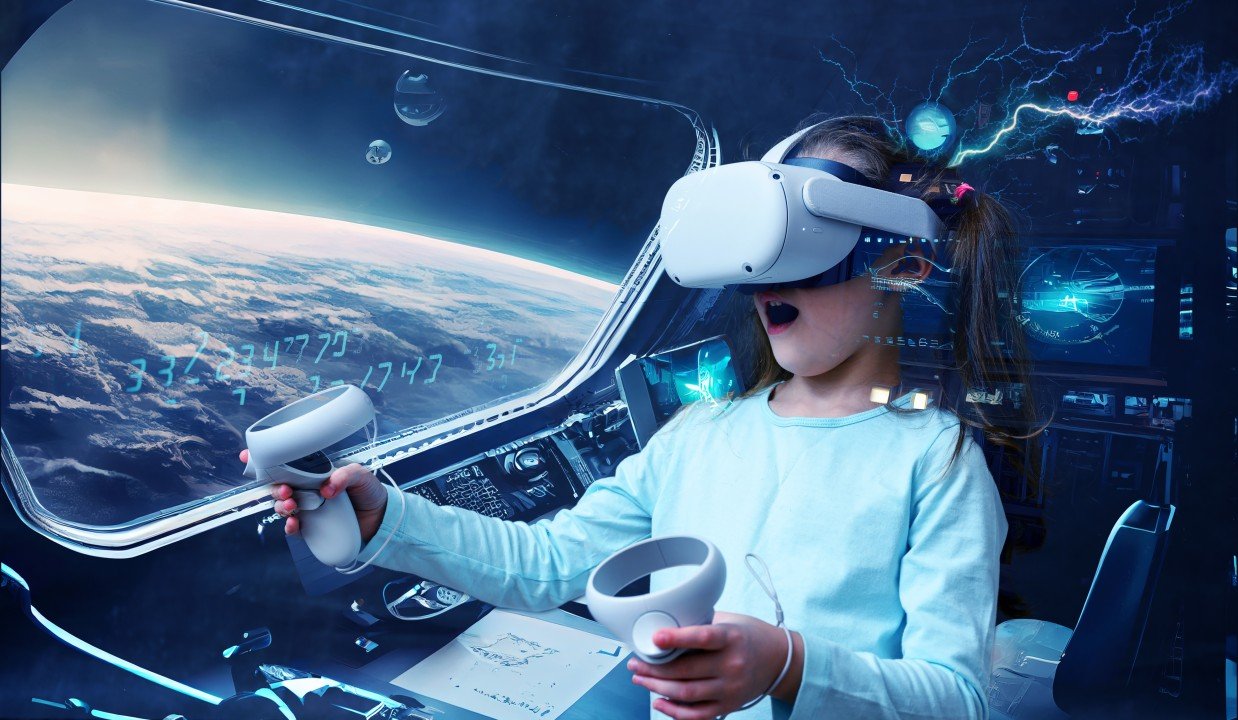How Technology Changed Entertainment
Technology has revolutionized the way we experience entertainment, shaping industries and consumer habits alike. From the advent of television to the rise of streaming services, our entertainment landscape has undergone profound transformations driven by technological advancements.
Evolution of Media Consumption
The introduction of television in the mid-20th century marked a pivotal moment in entertainment history. It brought visual storytelling into homes worldwide, altering how people consumed news, sports, and fiction. As technology progressed, so did the quality and accessibility of content, leading to the proliferation of cable networks and satellite television.

The Digital Revolution: Internet and Streaming
The internet revolutionized entertainment distribution, paving the way for digital streaming platforms. Services like Netflix, Hulu, and Amazon Prime Video disrupted traditional media channels by offering on-demand access to movies, TV shows, and original content. This shift not only changed how content is delivered but also empowered viewers with unprecedented control over what, when, and where to watch.
Impact on the Music Industry
Technology’s impact on music has been equally transformative. The transition from vinyl records to CDs and MP3s revolutionized music storage and accessibility. Digital platforms like iTunes and Spotify further democratized music distribution, enabling artists to reach global audiences independently of traditional record labels. Moreover, streaming services have reshaped music consumption habits, influencing how artists release albums and connect with fans.
Gaming: From Arcade to Virtual Reality
Video gaming has evolved from simple arcade games to immersive experiences enabled by cutting-edge technology. The advent of consoles like the PlayStation, Xbox, and Nintendo Switch brought gaming into homes, while advancements in graphics and gameplay mechanics continually raised the bar for player engagement. The emergence of virtual reality (VR) has pushed boundaries further, offering unprecedented levels of immersion and interactivity.
Social Media and Entertainment Integration
Social media platforms have become integral to modern entertainment, blurring the lines between content consumption and social interaction. Celebrities, influencers, and fans alike use platforms like Instagram, TikTok, and YouTube to share and consume entertainment content in real time. This integration has transformed how celebrities engage with their fan bases and how audiences discover new trends and talents.
The Rise of Augmented Reality (AR) and Artificial Intelligence (AI)
Augmented reality and artificial intelligence are reshaping entertainment by merging virtual and physical worlds. AR technology enhances real-world environments with digital overlays, offering interactive experiences in gaming, education, and marketing. AI, on the other hand, is revolutionizing content creation and personalization, from recommendation algorithms on streaming platforms to virtual assistants like Siri and Alexa.
Cultural Impact and Global Reach
Technology has not only democratized access to entertainment but also facilitated cultural exchange on a global scale. Movies, music, and games from different cultures can now reach international audiences instantly, fostering cross-cultural understanding and appreciation. This interconnectedness has influenced trends in fashion, music genres, and storytelling styles, creating a more diverse and interconnected entertainment landscape.
Conclusion
In conclusion, technology has profoundly altered our entertainment experiences, from how we consume media to the types of content available. As innovations continue to emerge, such as AI-driven content creation and immersive VR experiences, the future of entertainment promises even greater possibilities. Embracing these advancements allows us to appreciate entertainment in ways previously unimaginable, shaping cultural narratives and societal norms for generations to come.



